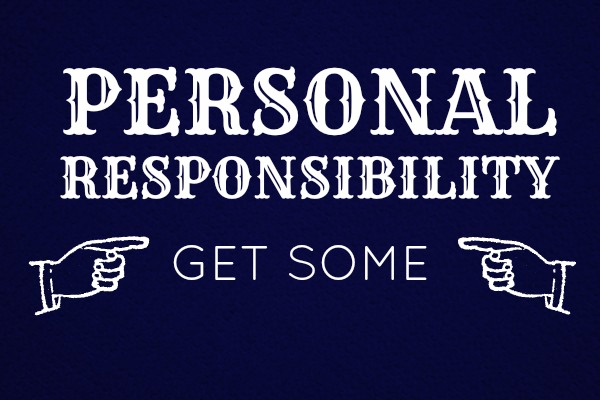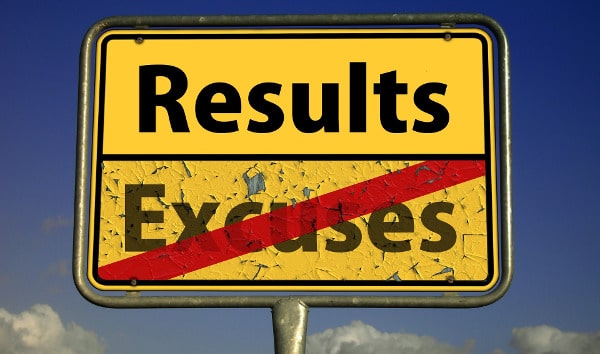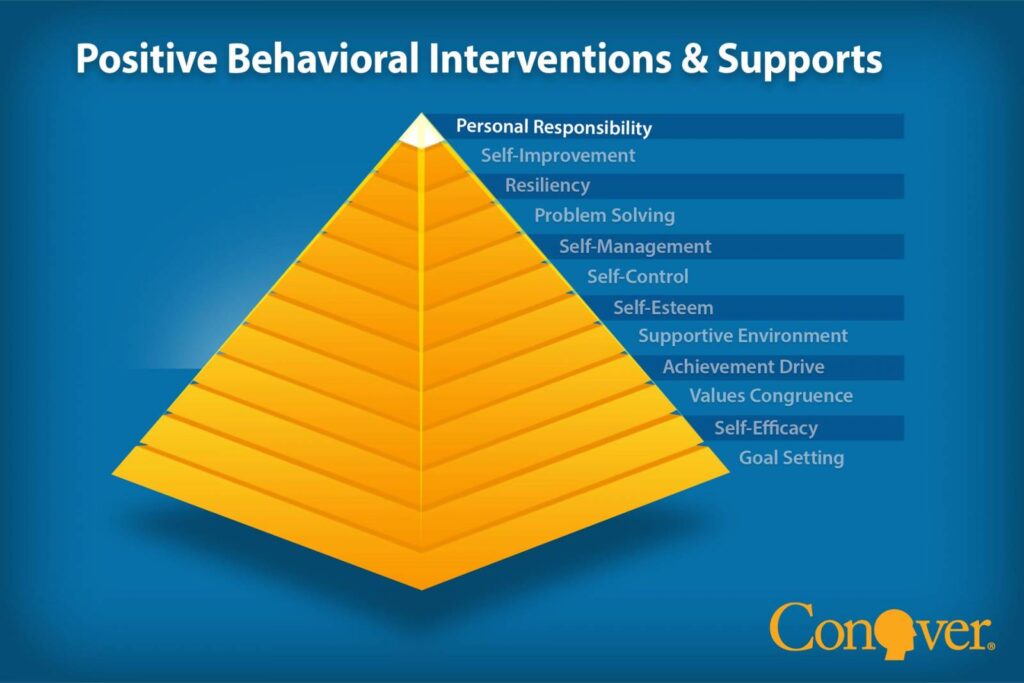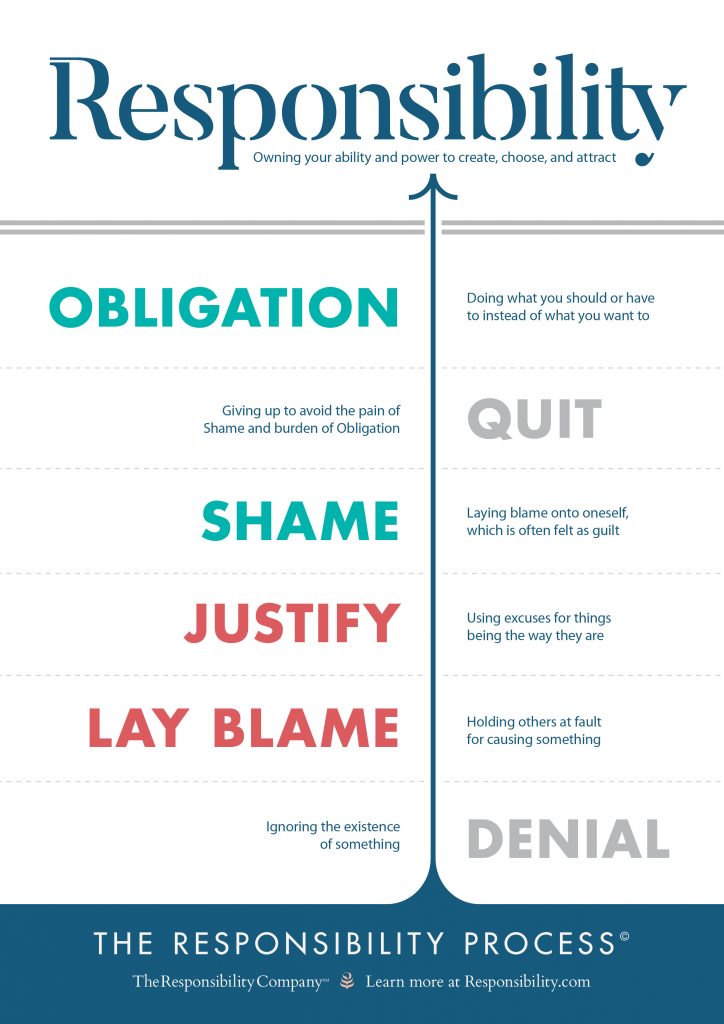
I often talk about how much I’ve learned through strength training. Things like work ethic, goal setting and perseverance, but all of these lessons follow a similar theme. That theme is discipline and self control.
However, it wasn’t until recently that I came to understand that these two things are different.
Self discipline says “go” whereas self control says “no”.
In other words, starting an exercise program and giving up sugar are two different psychological processes. It requires discipline to get up and go to the gym, but it requires control to pass on dessert that’s in front of you.

Self discipline is more about the long term. It’s focused on consistency, achievement and results.
Self-control is more about the short term. It fights against compulsive urges and desires.
These concepts are obviously very closely related, and perhaps it’s splitting hairs by distinguishing between the two, but I think it’s a useful exercise to look at our lives to see which of these two things we struggle with.
If we can identify the areas where we are failing then we are better equipped to come up with solutions to our problems.
Self Examination
Personally I have had more success with things concerning self-discipline. I have no trouble staying motivated to exercise, checking items off my do-to list and getting involved in new things.
Where I fall short are those things involving “I want this and I want it now” like eating sweets, drinking alcohol and looking at my phone.
If I am to craft a strategy around cutting back on undesirable habits, it’s helpful to know when, where and how I have the desire to do these things.

Perhaps I need to replace one habit with the other, like I wrote about in Overcoming Addiction with Exercise. Guess what? That requires both discipline and self control, because you’re starting a new habit to help break another.
As I said, these things are closely related and they can either serve or sabotage one another. However, this is the kind of detail we should examine ourselves in if we wish to make lasting changes.
Consider the person who wants to lose weight. They probably know that they need to exercise more and make better food choices. It sounds easy enough but we all know how hard that can be.
Discipline or Self Control
Let’s say we have two people with a weight loss goal, Sally and Seline. Both are in similar situations but they take two different approaches…
Sally knows she isn’t active enough, so she makes a plan to go to the gym 4 days a week. She sets goals and chases them with veracity. She also commits to walking her dog every day, twice on the days she doesn’t go to the gym. She identifies her struggle with food is at work, so she plans ahead by meal prepping twice a week. That way she has alternatives to whatever is sitting in the breakroom as well as a good reason to not order carryout with the rest of her co-workers. She makes a conscious decision to limit her drinking to two drinks on Saturday night only.
Seline also knows she’s not active enough. She goes to the gym but her attendance is sporadic and she gives a paltry effort on the days she does go. She doesn’t have any goals other than “lose weight”. She knows her eating habits could be improved but she isn’t willing to look past immediate gratification. She relies solely on how she’s feeling and doesn’t plan ahead. If she doesn’t feel like cooking she snacks on whatever is available. If she feels like having pizza and beer, so be it.
These two people are going to have very different results. It might not even be that one of them is vastly more disciplined and self-controlled than the other. It could be that Sally has simply taken an honest look at her life and assumed responsibility for her actions.

Personal Responsibility
I think what it all comes down to is personal responsibility and an individual’s ability (or lack thereof) to own everything in their lives. It’s all too easy to make excuses, pass blame or rely on others while we allow ourselves to move in a direction we’d rather not go in.
I once had a doctor tell me it’s “never a good idea to treat ourselves.” I immediately thought, “what a foolish thing to say.” My health is my responsibility first and foremost. When my ability to heal surpasses my skill set / recovery ability, I will seek advanced care. I don’t plan on prescribing my own medicines or doing my own surgeries, but I know how to tape an ankle and stay off of it.
And if stretching my hips to alleviate back pain is considered “treating myself” (which is what prompted the doctors comments) well I’d sooner do that every day for the rest of my life then see the surgeon she was referring me to.
Whether or not the issues we face are a matter of discipline or self control, it is our responsibility to figure out solutions to improve our own lives. There is nothing inherently wrong about seeking help, in fact, it’s desirable. But nothing can replace self reflection and an honest evaluation of our strengths & weaknesses. We may find that we have strengths that lie dormant or weaknesses that can be quickly and easily overcome.
